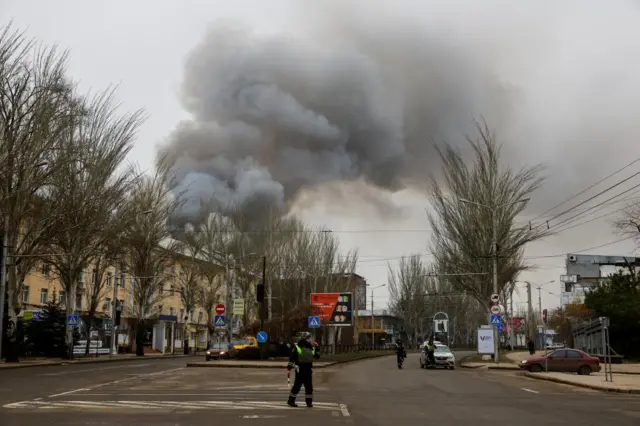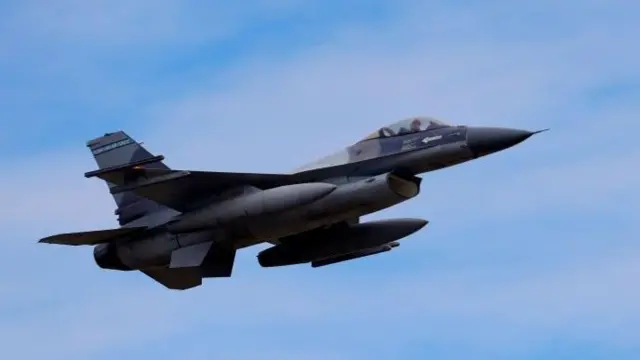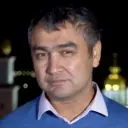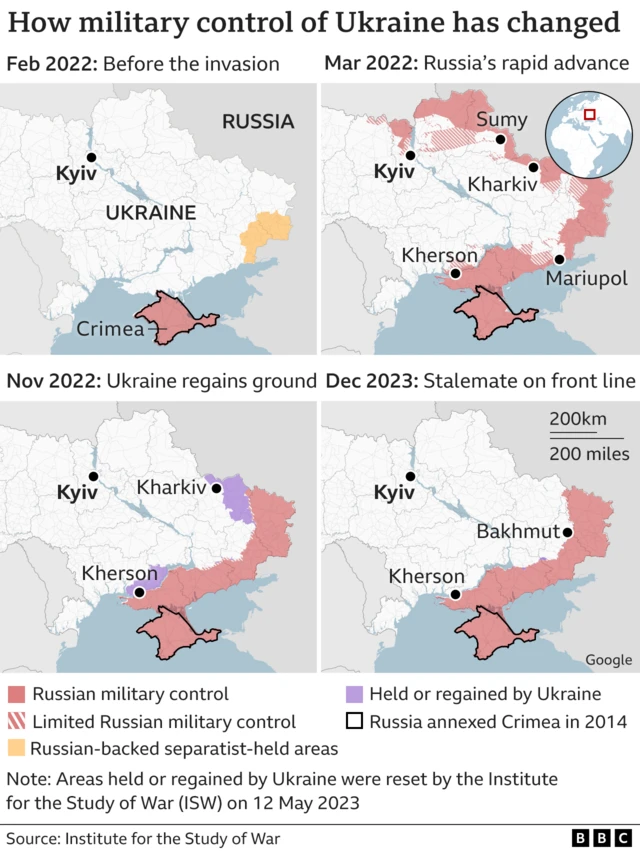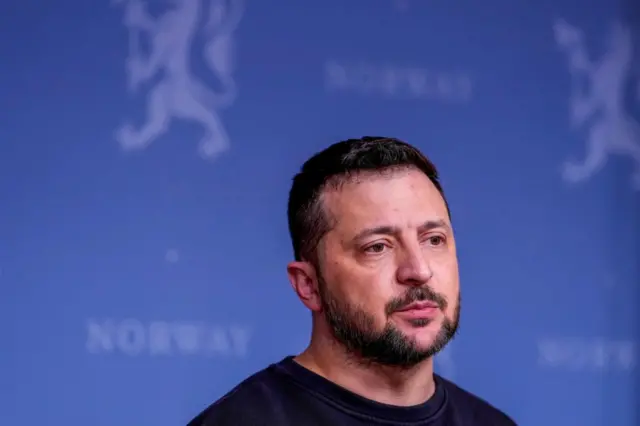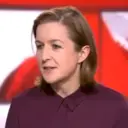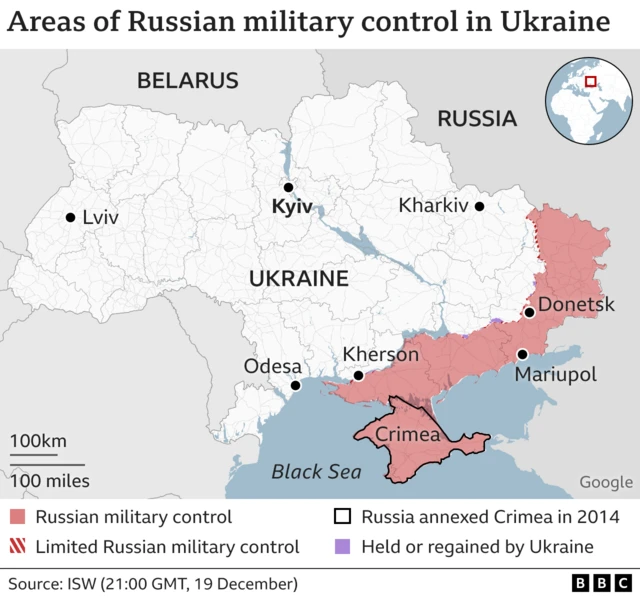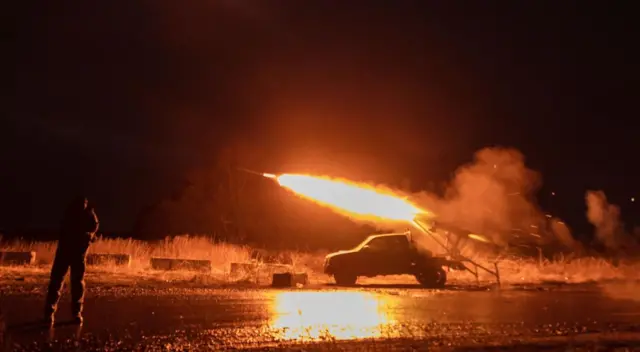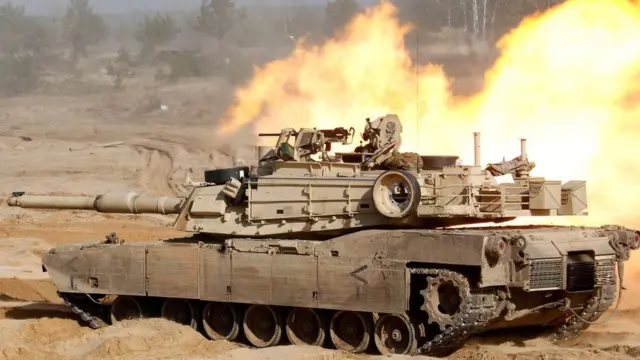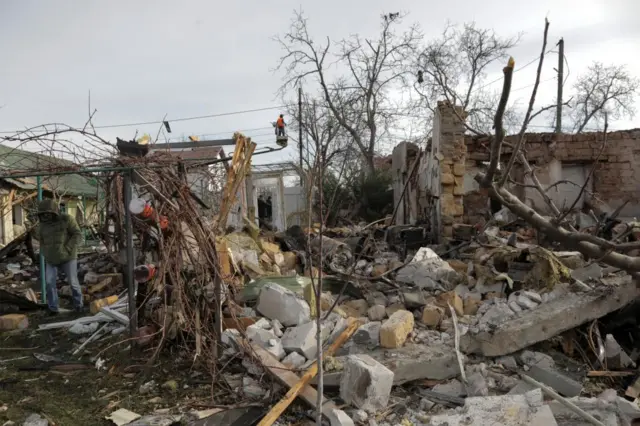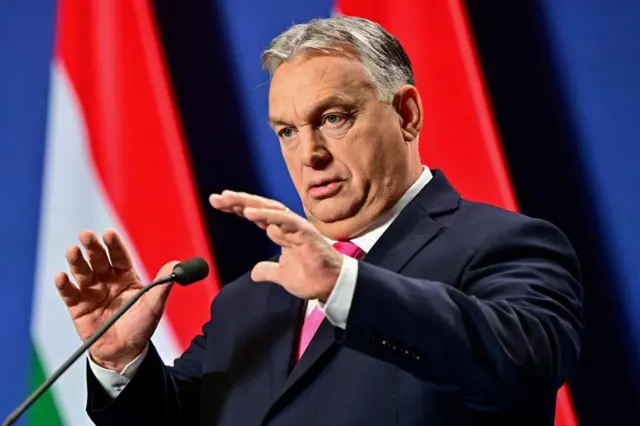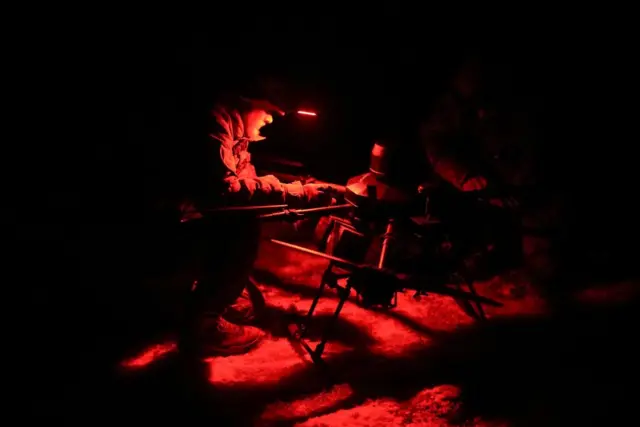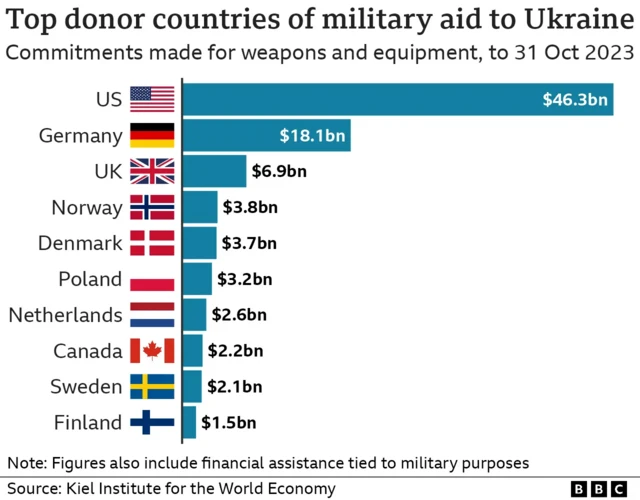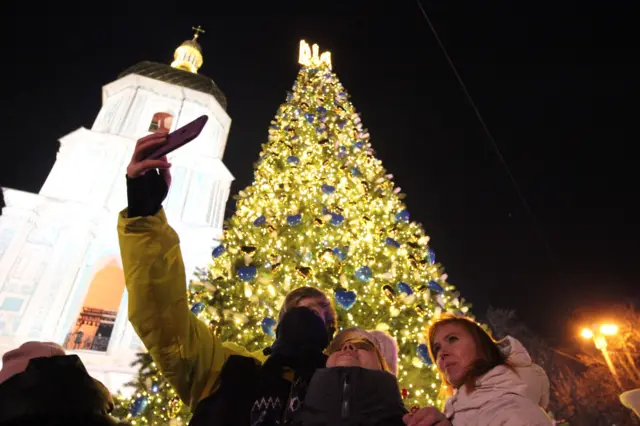'My ballet teacher swapped the stage for the front line'published at 18:01 GMT 21 December 2023
Anastasiia Levchenko
Reporting from Kyiv
 Image source, Oleksandr Dushakov
Image source, Oleksandr DushakovOleksandr Dushakov performing on stage
Oleksandr Dushakov is a well-known Ukrainian ballet dancer who has graced international stages.
He has now swapped the stage for the frontline.
When Russia launched its full-scale invasion in 2022, he was about to perform in France. He rushed back to Ukraine to start volunteering.
He dismantled rubble of houses destroyed by Russian strikes and built protective structures for Kyiv’s monuments.
Olexandr is my ballet teacher. During one of our lessons, he told me that “victory begins with each of us”. He said even small individual actions can contribute to victory and that he wanted to lead by example.
Having no military experience, he decided to enlist. After months of intense training, he is now defending Ukraine in the east, on the frontline.
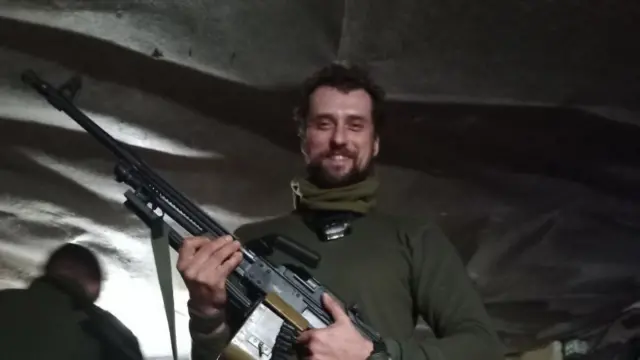 Image source, Oleksandr Dushakov
Image source, Oleksandr DushakovOleksandr's wife and daughter - also ballet dancers - are abroad.
His daughter Elina tells me: “My mother and I are very worried about my dad and are always waiting for a message from him... But I understand that it was his desire and it is very necessary for our country.”
Oleksandr tells me things are very difficult on the front line. He says there’s a lack of ammunition. Family, friends and colleagues from all over the world are raising money for his unit and hope this will enable the Ukrainian military to secure more ammunition.
Sure of a future victory, Oleksandr dreams of reuniting with his family.


